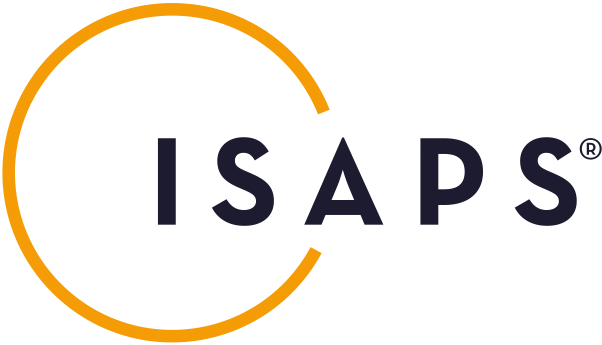
Face Lift (Rhytidectomy)
Face-lift or rhytidectomy is a surgical procedure designed to make your face and neck look younger and fresher. It improves the most visible signs of ageing by removing excess fat and skin, tightening underlying muscles and tissues, and re-draping the skin of your face and neck. Often face lifting is combined with lower and upper eyelid surgery, and/or a forehead lift. Occasionally nose reshaping, chin implants or laser resurfacing of stubborn fine wrinkles can be done at the same time.
As people grow older, the skin of the face and neck begin to wrinkle and sag. Sun exposure, smoking and genetic influences can all contribute to how rapidly someone ages. The aim of facial rejuvenation surgery (commonly known as face lifting) is to restore the normal anatomy and replace the natural volume that is lost through ageing. This gives the men and women a more youthful appearance. The face lift incisions and thus the final scars are hidden in front of and behind the ears (and often under the chin).
To view the before and after photos in Professor Malata’s publications on facial rejuvenation click below
Risks and Complications of Face lift Surgery
As in any cosmetic surgery, there are risks as well as benefits and the final results are not guaranteed. The chance of complications following face lift surgery depends on the exact type of operation needed and other factors such as your general health, drug intake, etc. Professor Malata will explain how the risks apply to you. Detailed postoperative instructions will be discussed during consultation and a procedure-specific handout given to you by Professor Malata.
Some risks of facelift surgery
Frequent
-
Bruising and swelling
-
Bleeding and haematoma formation: 5 – 10%
-
Lumpiness and irregularities: temporary
-
Numbness of face and ears: temporary
-
Mild residual asymmetry
-
Need for a repeat face lift (7- 10 years’ time)
Infrequent
-
Infection
-
Seroma formation
-
Wound breakdown & skin necrosis (smokers)
Rare
-
Facial nerve paralysis
-
Hair loss in front of and behind the ears
-
Unusual movements of the face
Alternatives to a facelift
-
No surgery
-
Laser resurfacing
-
Chemical peel
-
Camouflage makeup
WHAT YOU NEED TO KNOW (Face Lift)
LENGTH OF SURGERY
2 - 6 hours
ANAESTHESIA
General anaesthetic
NO. OF NIGHTS IN HOSPITAL
1 - 2 nights
RECOVERY
5 - 10 days until socialising with close friends and family
1 week face lift garment day & night
4 weeks face lift garment just at night
2 - 3 weeks until return to work and normal social engagements
3 - 4 weeks until bruising and swelling disappear
6 weeks until return to gym and other strenuous activities
12 weeks to final result: scars improve for next 12 months
DURATION OF RESULTS
6-10 years
To find out more or make an appointment please contact Prof Malata's Secretary on 07455839093 or malatapractice@gmail.com




